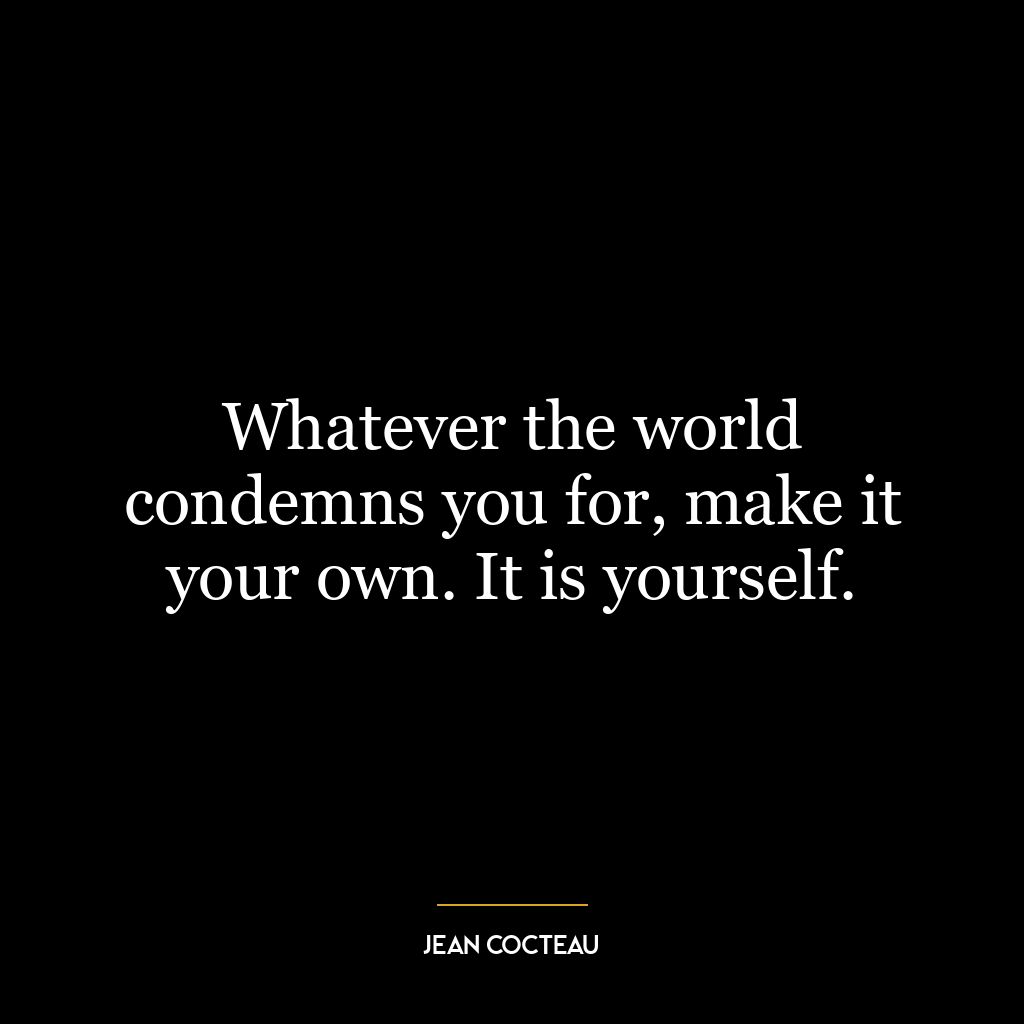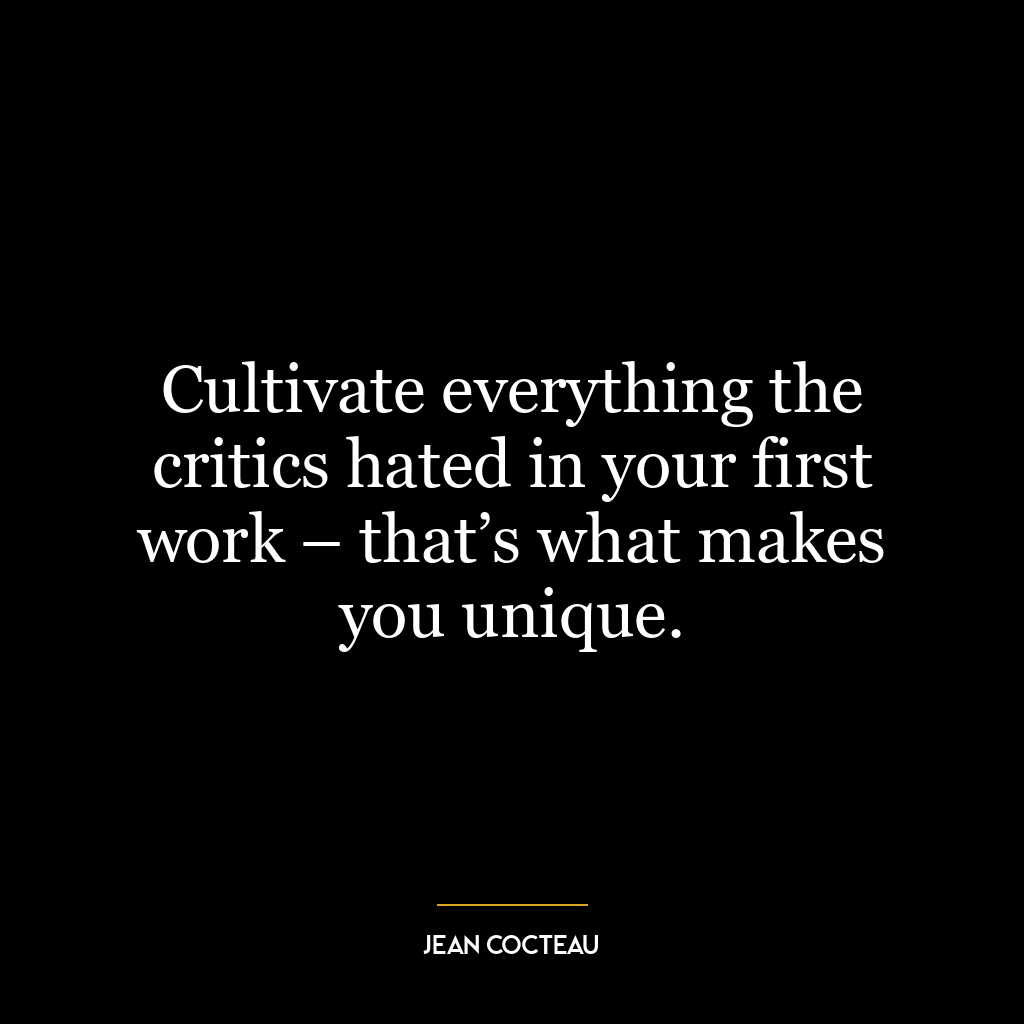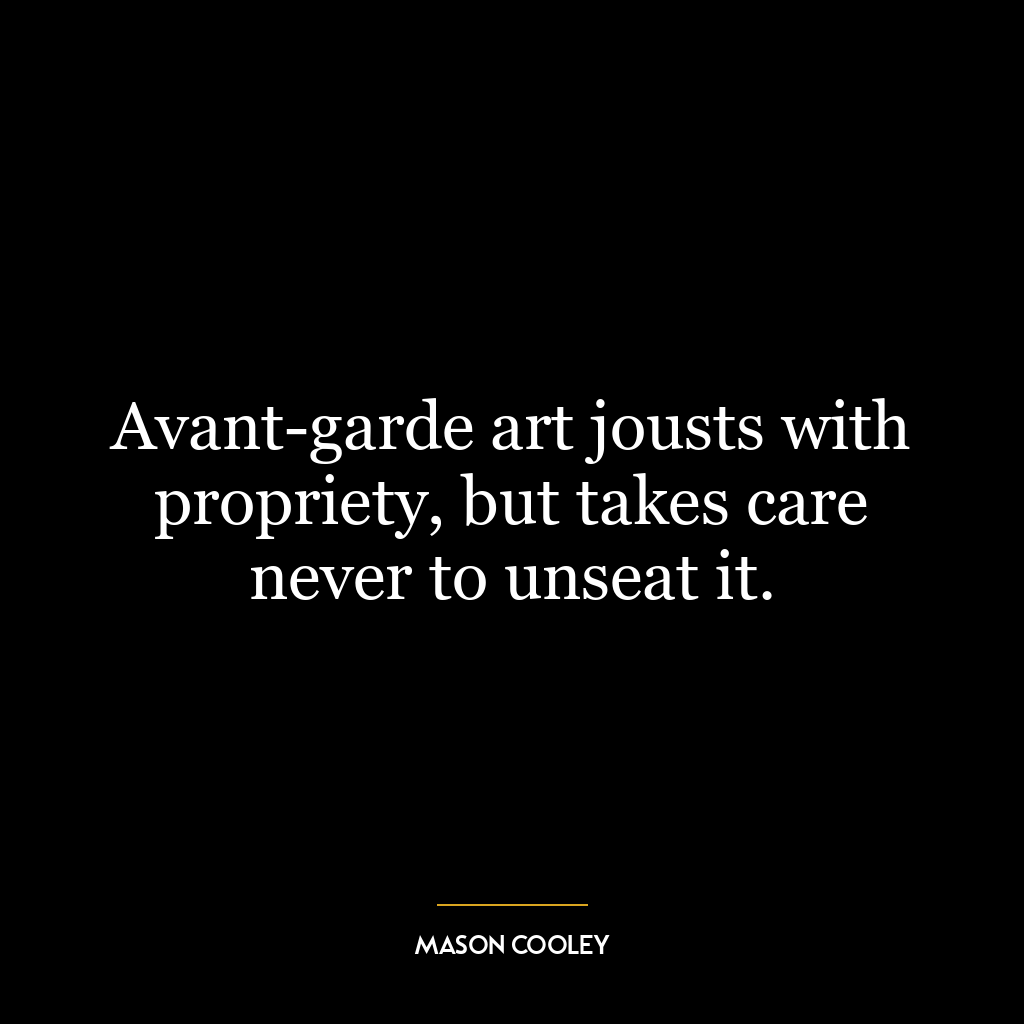A hero is a man who stands up manfully against his father and in the end victoriously overcomes him.
This quote suggests that a hero is someone who can confront and overcome the authority, expectations, or limitations imposed by their father, which is symbolic of any authority figure or societal norms. It’s not about a physical or personal battle with one’s father, but rather a metaphorical one where the ‘father’ could be any symbol of power, tradition, or established norms that one must challenge or surpass to achieve personal growth and autonomy.
The idea of standing up manfully points towards showing courage, resilience, and determination in the face of these challenges. Overcoming the father figure victoriously, on the other hand, signifies the achievement of personal independence, self-identity, and the ability to think and act independently.
In today’s world, this concept can be seen in various aspects of life. For instance, in personal development, it could mean challenging and overcoming the limiting beliefs, fears, or habits that we have inherited or learned from our parents or society. It could also mean standing up against societal norms or expectations that limit one’s growth, freedom, or happiness.
In the broader societal context, this could be seen in movements that challenge and seek to change established societal norms and structures that are oppressive, unjust, or outdated. It encourages the idea that to become a ‘hero’, one must not simply accept things as they are but must have the courage to question, challenge, and change them if necessary.
In essence, the quote encourages personal growth through critical thinking, courage, and resilience against established norms and expectations. It promotes the idea of individuality and personal freedom, suggesting that true heroism lies in the ability to define and shape one’s own life.








